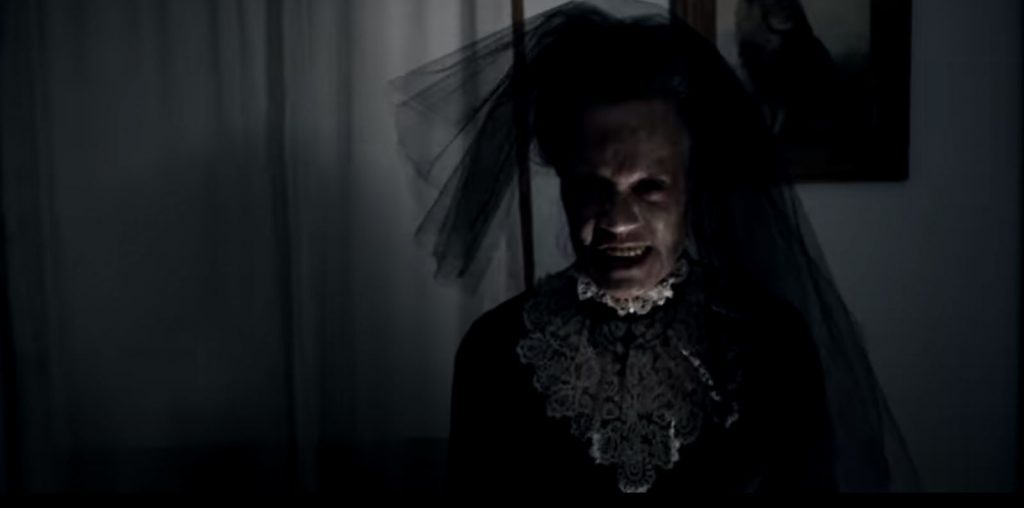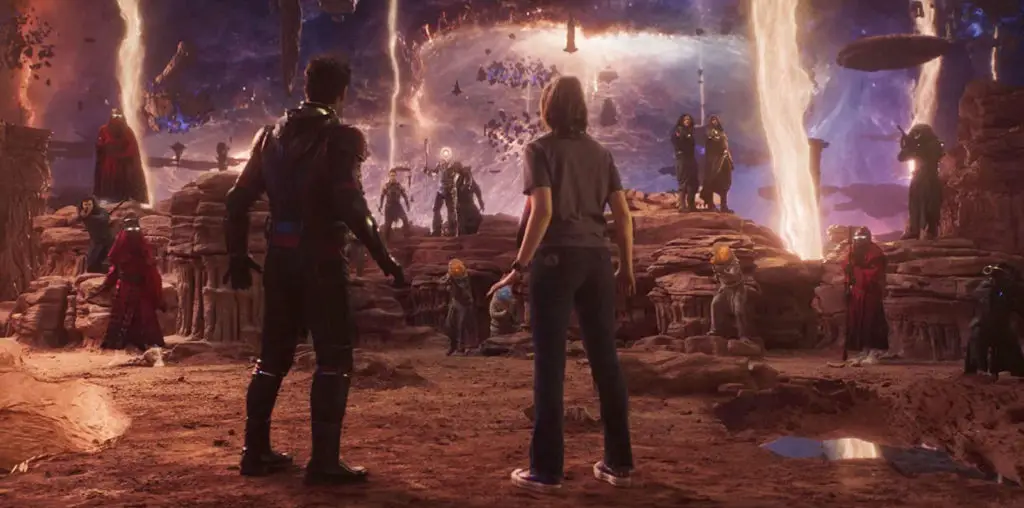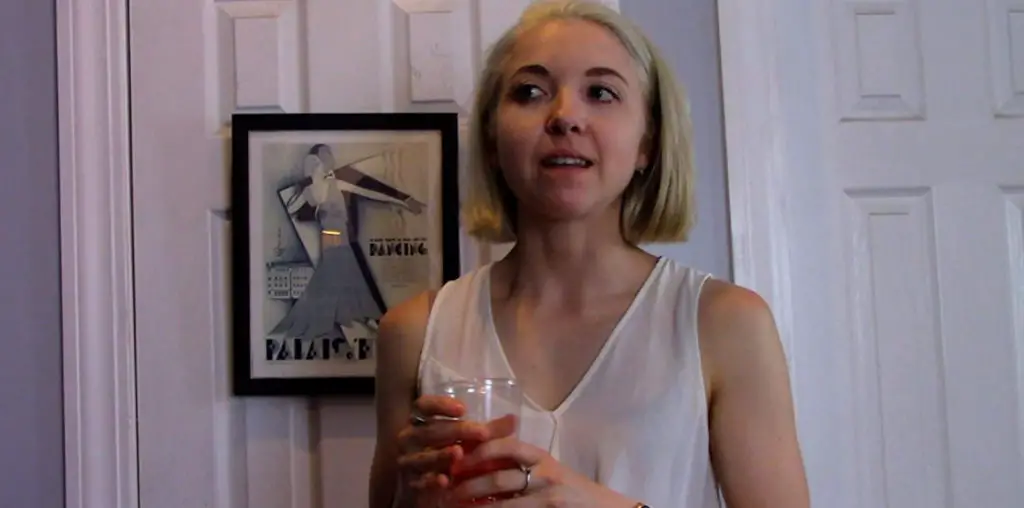
“Abouna” is a perfect film. This small, sensitive and haunting drama by Mahamat-Saleh Haroun is a sterling reminder that the power of filmmaking does not come in CGI trickery or overblown production extravaganzas, but rather through the power of telling a worthy story with skill and talent.
“Abouna” takes place in a dusty village in Chad, next to the border of Cameroon. Two brothers, the 15-year-old Tahir and the eight-year-old Amine, awake one morning to discover their father has disappeared. Their mother is initially stoic to the news, but later comes around _expression happiness that her husband has vanished. But the boys are more concerned and their own search is fruitless. Almost suddenly after their father’s disappearance, the once-healthy Amine develops asthma and becomes prone to coughing spells.
One afternoon while watching a movie at a local theater, the boys believe they see their father on the screen. The next day, they play hooky from school and sneak into the theater, where they grab a reel from the projection and take it home to search out their father’s image in the frames. But their larceny is discovered by the police, and the boys are spared punishment only when their embarrassed mother intervenes on their behalf. Tahir and Amine are sent by their mother to an Islamic school in a far village. Although they initially adjust well to their new environment (Tahir has his first romantic experience with a pretty deaf-mute girl while Amine is treated with maternal care by the school’s cook), they eventually try to escape in search of their lost father. But their flight is aborted and they are punished for their actions. Tahir then questions whether it makes sense for him to leave the school, accepting his father’s callous actions while enjoying the attentions of the deaf-mute cutie. Yet Amine is insistent on leaving, although a recurrence in his asthmatic condition creates a new crisis for the brothers.
The beauty of “Abouna” is rooted in its deep understanding of the human condition. Unlike children in Hollywood films, the brothers are very much real-life boys in how they act (equal parts bravado, vulnerability and naive faith) and how they behave (a walk across an open field is abruptly punctuated by the youngsters jumping on their hands and continuing their stroll with their feet in the air). Ahidjo Mahamet Moussa as Tahir and Hamza Moctar Aguid as Amine are young non-professionals who nonetheless enjoy a rich rapport with the camera throughout the film. Their performances are effortless and magical.
The story of “Abouna” unfolds at a leisurely pace, catching the viewer completely off-guard with its devastating power in the later stages (which will not be leaked here, since it is impossible for anyone to detect in advance where the film eventually concludes). Filmmaker Haroun employs a stark, minimalist visual style that does not allow distractions from the task of laser-focused storytelling. Even the film’s music score, a simple but effective acoustic guitar performance, keeps the production simple and to-the-point. It is no surprise that one of the posters on the village theater where the boys steal the movie is for Jim Jarmusch’s “Stranger Than Paradise” — clearly this is more of an inspiration for Haroun than the local moviegoers in the Chadian village.
African cinema is a rare commodity in American theatrical release, and the fact “Abouna” is being shown commercially is reason to celebrate. But if “Abouna” is any indication on the level of filmmaking coming out of Africa, then American moviegoers are being denied access to a treasure trove of magnificent films. And “Abouna” is truly magnificent.


